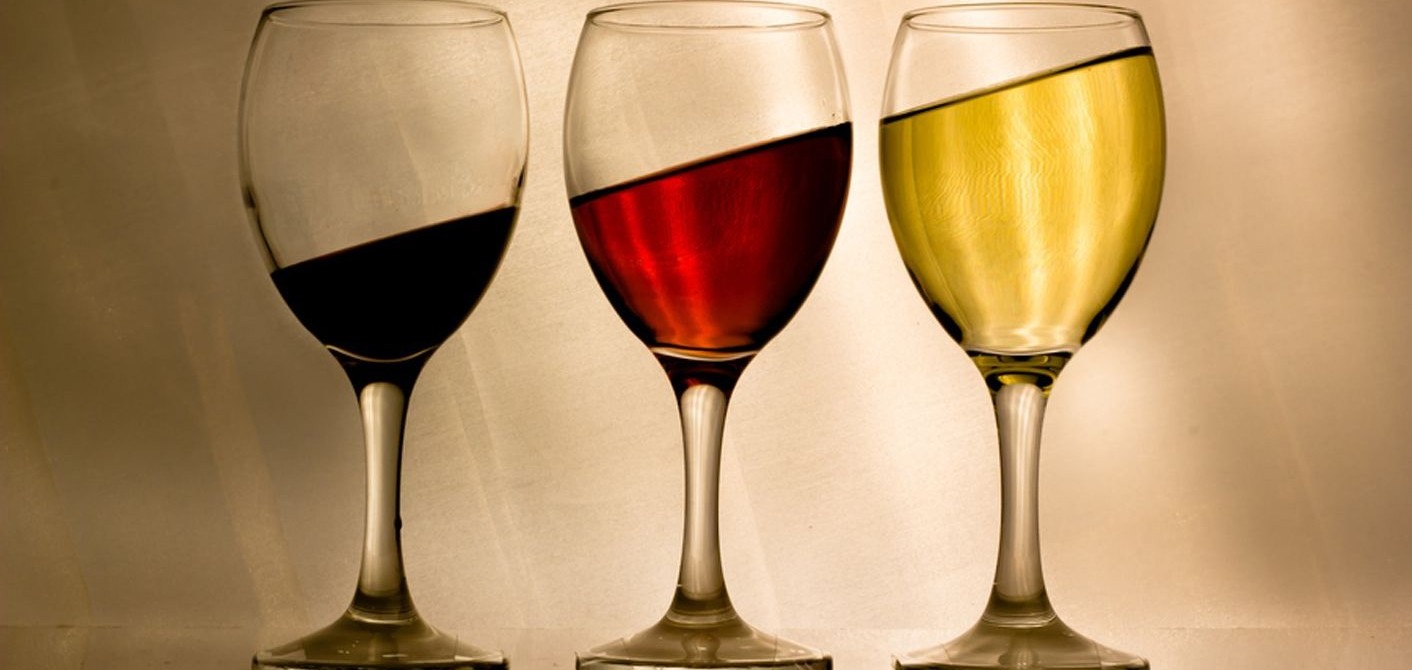Students beware: minimum alcohol price law
The Welsh Government has unveiled a law to introduce a minimum alcohol price.
The law would make it an offence for qualifying premises in Wales to sell and supply alcohol below the applicable minimum price. Although exact details have yet to be worked out, supporting documentation for the Bill used a 50p minimum unit price. This means that a typical bottle of wine would cost at least £5.00 and a typical one litre bottle of vodka would cost at least £18.75.
Under current legislation, super-strength cider can be sold for pocket-money prices…
The Bill has been greeted with calls in some quarters for a similar law to be introduced in England. It is believed that a minimum alcohol price would reduce intake among harmful and hazardous drinkers who regularly purchase low-cost, high-unit alcohol products for consumption.
In a letter to the Guardian, 50 signatories called for the introduction of minimum unit alcohol pricing in England. Representatives from bodies including the British Medical Association and the Royal Society of Public Health emphasised the importance of tackling the problem of “cheap alcohol and the devastating effect that this has on our communities”. The letter said that it was “simply unacceptable” that three litres of white cider, containing 22 units of alcohol, can be bought for just £3.49. Under current legislation, super-strength cider can be sold for pocket-money prices thanks to tax breaks designed to help the traditional British cider industry. The drink, which has been compared to heroin, is abused by a small percentage of people who can suffer from stomach and other health problems as a result.
A pricing policy would be effective in reducing alcohol related harms…
It is hoped that minimum alcohol unit pricing would reduce binge-drinking, resulting in broader economic and social benefits. A study published by the University of Sheffield in 2010 indicates that a pricing policy would be effective in reducing alcohol-related harms, including deaths, hospital admissions, crimes and workplace absences. According to the researchers, a minimum unit price of 50p would reduce alcohol consumption by 6-9%. At full effect, there would be 2930 fewer alcohol-related deaths and 92,200 fewer alcohol-related hospital admissions per year. This would generate £6.2 billion in net present benefit accumulated ten years after policy implementation.
However, introducing a UK-wide alcohol pricing policy faces some criticism. The alcohol pricing law is cited by some as evidence of an interfering and paternalistic government. In the past, industry critics have branded the policy ‘anti-fun’ and ‘Victorian’ in aim. With surveys routinely showing that alcohol consumption has fallen over the last decade – with teetotalism on the rise amongst young people – the policy may seem redundant.
Supermarkets and manufacturers stand to profit…
While studies consistently indicate that higher prices reduce alcohol consumption, it is also unclear whether the predicted benefits would in fact materialise. Higher prices may not deter heavy drinkers from purchasing alcohol, but may instead drive them to purchase more expensive alcohol. In a debate about minimum unit alcohol pricing held in 2012, the Conservative MP Philip Davies claimed that it is an ‘incredibly simplistic belief’ to assume that high prices prevent alcohol abuse. Davies added that it was high tax/high price countries like Sweden and the UK that had a problem with alcohol, whereas low tax/low price countries like Spain and Italy did not.
A broader issue remains whether introducing a minimum unit price is the correct way to reduce binge-drinking. Critics have argued that the law would allow supermarkets and manufacturers to profit as they hike up alcohol prices. Perhaps, a more effective policy may be to increase the tax on alcohol instead of introducing a minimum unit price. Knowing that consumers’ behaviours are unlikely to change as a result of a price increase, it is then better to have the government benefit from increased tax revenue from alcohol sales, where they can effectively distribute the extra cash to the NHS to fund alcohol-related treatment.

Comments